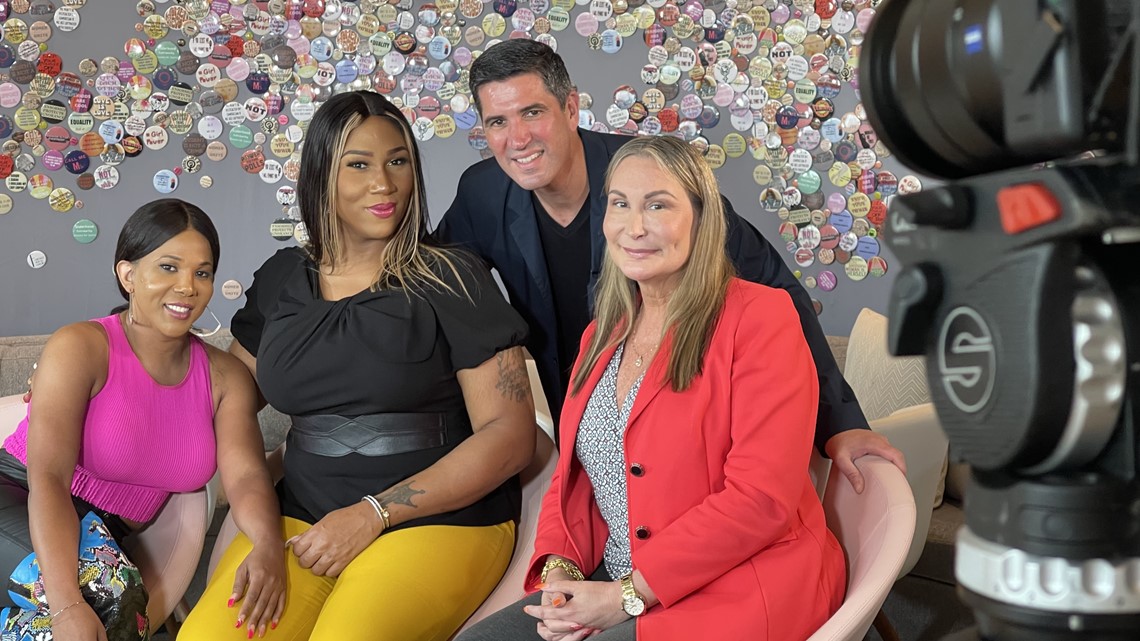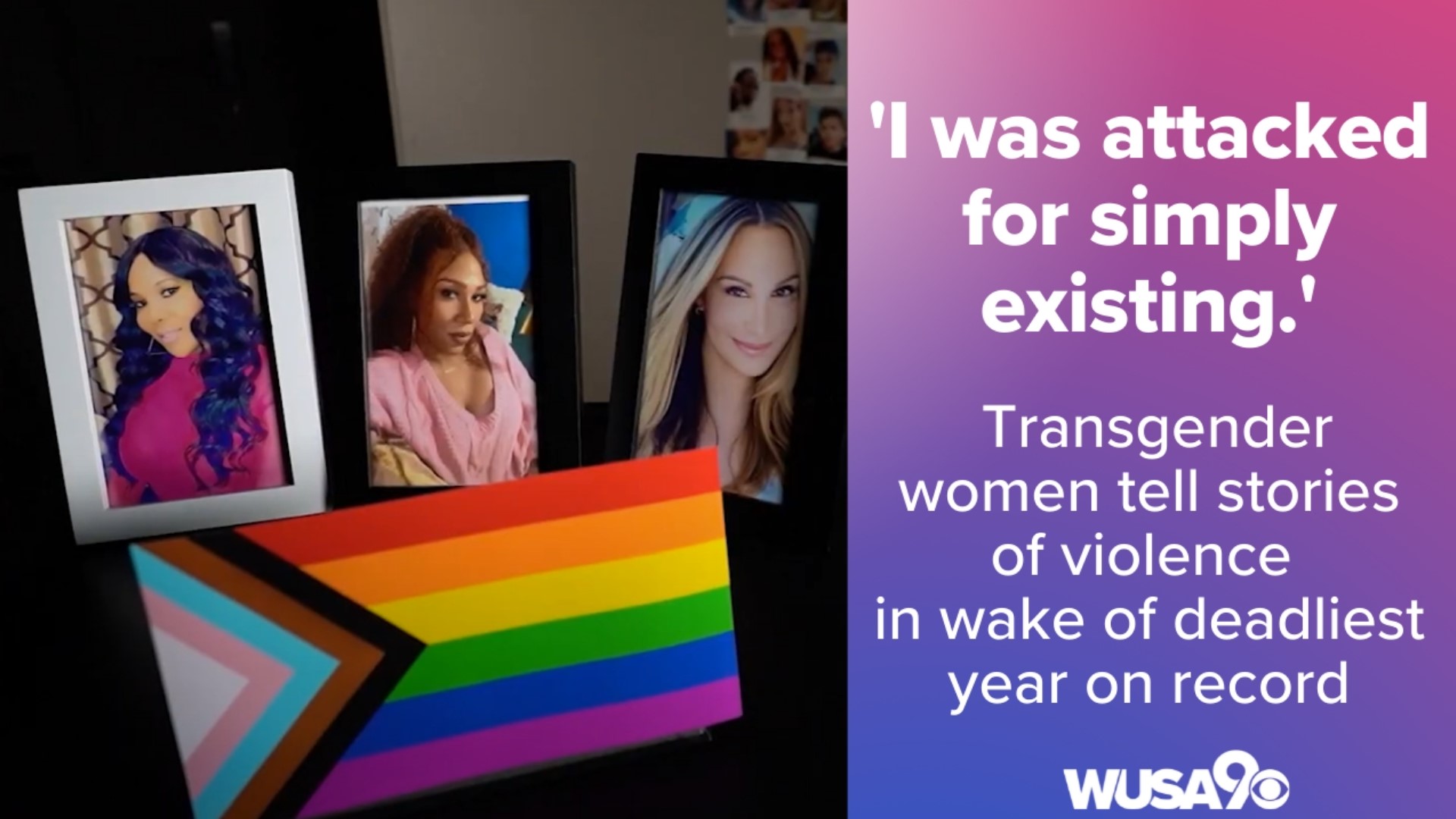'It’s just a given, it's going to happen' | Local trans women say enough is enough when it comes to violence
Human Rights Campaign says at least 284 transgender people have been murdered since 2013. Local women say it's time for a change.
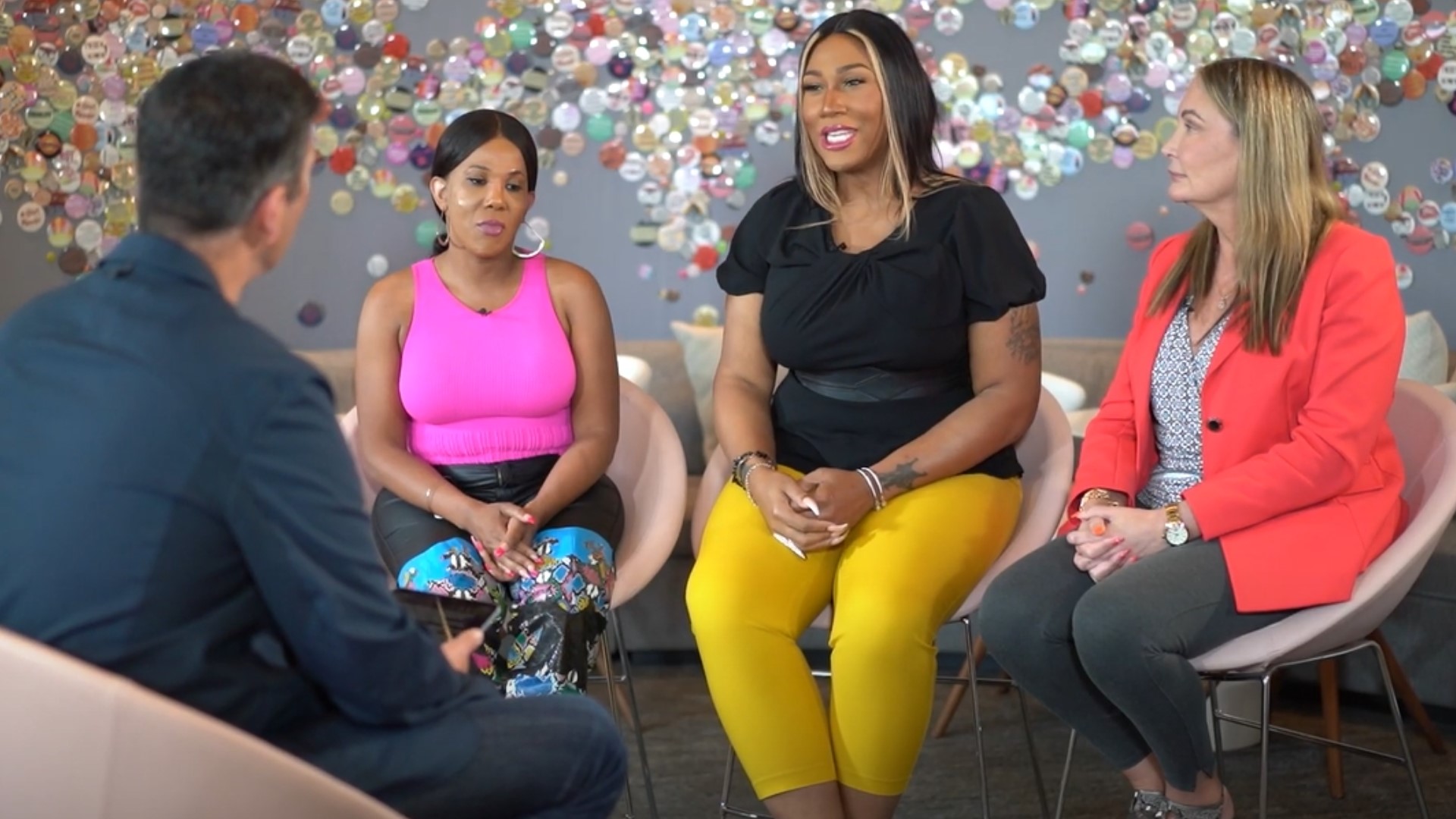
Monroe Poston always stood out from the crowd. Especially after the DC native transitioned to living her life as a woman.
“You know as a 6-foot, 3-(inch), 250-plus trans woman, it is, you know, safe to say that I draw a lot of attention,” Poston said.
But Poston learned the world is not always an accepting place and can it be a cruel and dangerous one too. The day before Easter 2017 along Florida Avenue in Northeast, Poston said she was the victim of a hate crime.
“I was attacked by four men in broad daylight. Next to a fire station. For simply existing.”

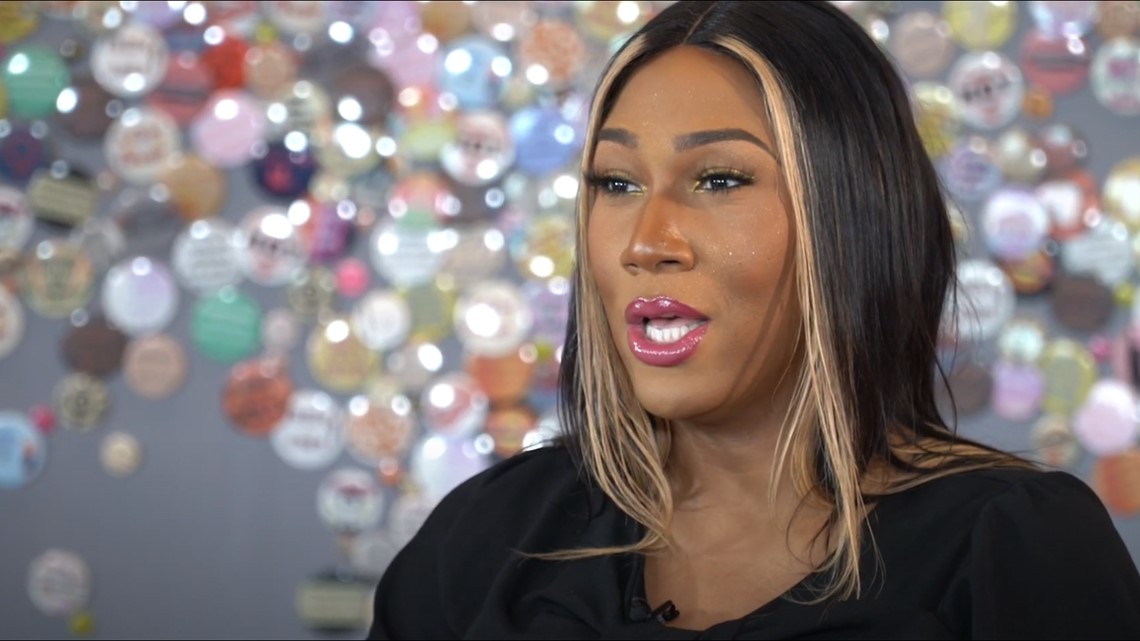
Poston said it started with verbal attacks.
“That’s a man! Look at him! Who does he think he’s fooling?” Poston said the men yelled at her.
“When I walked out of the store that’s when they started to throw their hands up and started to attack me,” she continued. “And the rest, unfortunately, is part of my story.”
Stories of Violence A Unique Community Problem

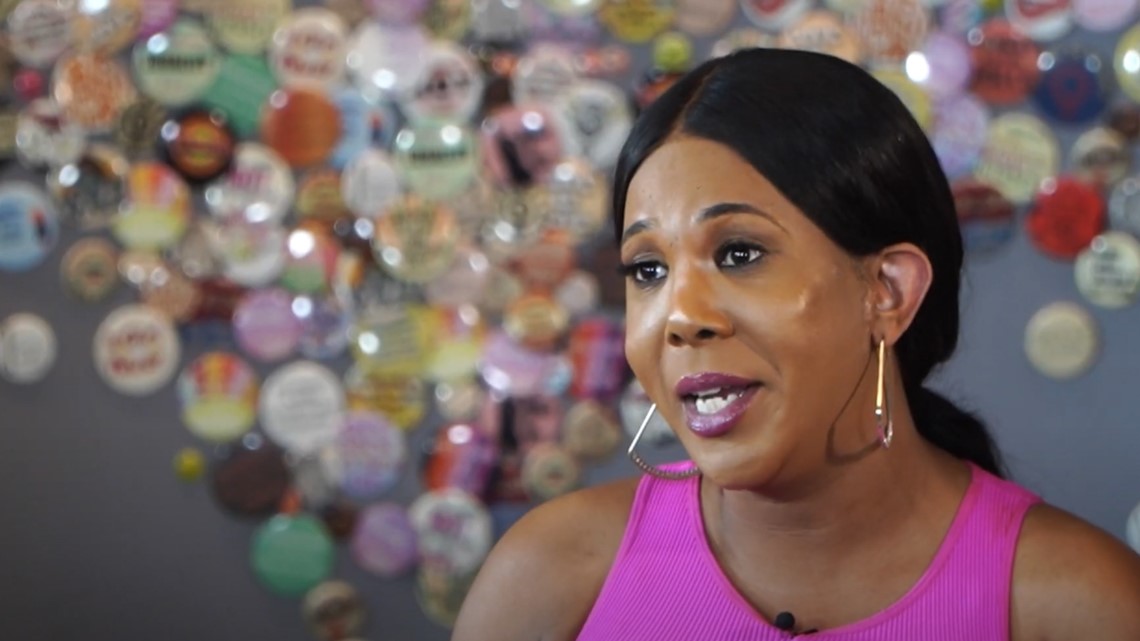
The stories of violence against the transgender community are becoming more and more common.
For Kaniya Walker it happened in 2014 while she was doing what she calls “sex work,” being paid for sex, in Birmingham, Alabama.
“They held me against a wall, with a gun to my head,” Walker said.
“But the thing about it was that, of course, doing that type of work you don't know what to do (when attacked),” Walker said, worried police could point the finger at her for what happened.
“Should I call the police? Or should I not call the police? Because number one, I'm Black, then I'm trans. And I'm in Alabama. So, I'm like, are they going to blame it on me?”

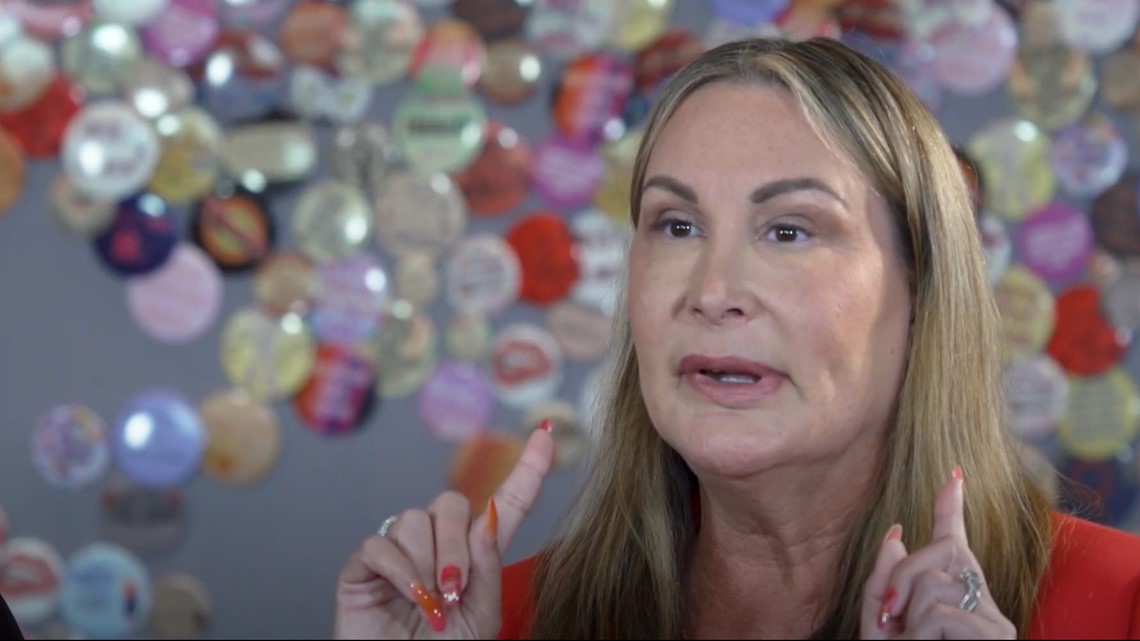
That same year threats made against Taylor Chandler shook her to the core. She said they came via text messages after her transgender identity became public.
“'Wish you burned to death',” Chandler said the texts read. “That they would rape you and make sure that you're dead, and all these horrible things.”
Chandler said the anger and animosity against the transgender community is something others simply don’t have to deal with.
“For straight people, they go out and do stuff and never think that they could be killed or harmed,” Chandler said.
“I think when you're LGBTQ and especially trans and especially trans of color, you're always thinking that you could be murdered. It's not even like there's a fear of it, per se. It’s just a given, it's going to happen. And that needs to change.”

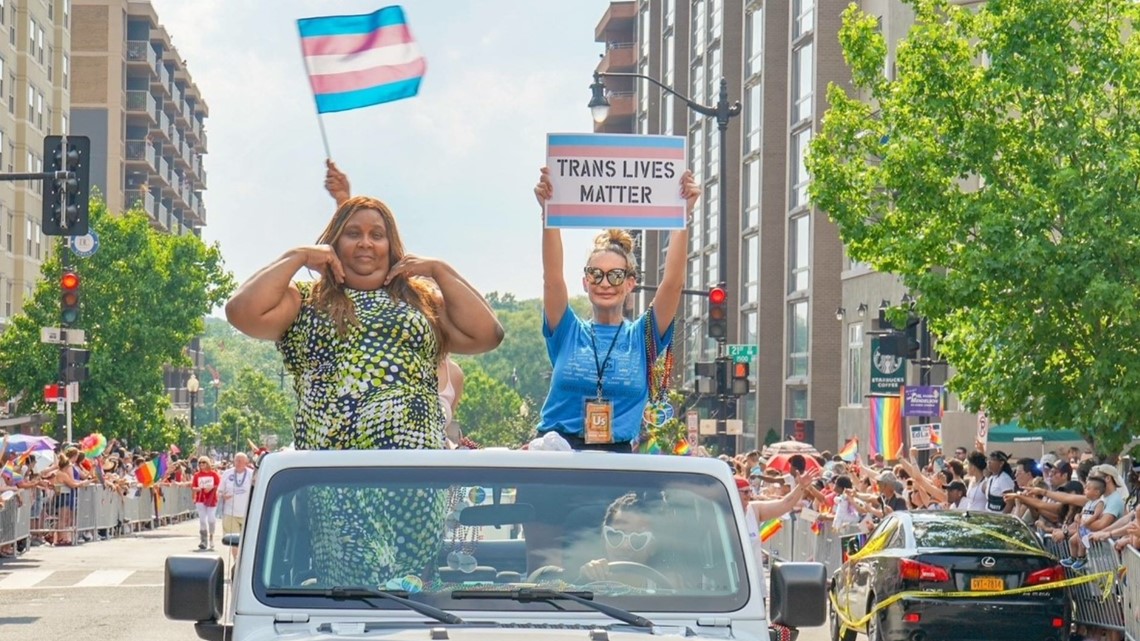
Deadliest Year on Record Wave of Anti-LGBTQ+ Legislation
The Human Rights Campaign says 2021 was the deadliest on record for the transgender community, with at least 47 trans people killed nationwide.
HRC says that since 2013, at least 284 transgender people have been murdered, including three in Prince George’s County: Zoe Spears, Ashanti Carmon and Taya Ashton.


So far in 2022, HRC says “at least” 14 transgender people have been killed. HRC says “at least” because violence against transgender people can be underreported with crime reports often reflecting a victim’s assigned sex at birth, rather than the sex with which they identify.
“Quite often what happens is transgender folks are misgendered, either by the media, the reporters, the police, sometimes by their own family,” said Tori Cooper, director of Community Engagement for HRC’s Transgender Justice Initiative.
“That certainly does not make it easier to get the most accurate numbers.”
Cooper said the rise in transgender violence is driven in part by a wave of anti-LGBTQ+ legislation and sentiment in conservative-leaning states. In 2021, more than 130 anti-transgender bills were introduced across eight states, with state legislatures enacting 13 of them.

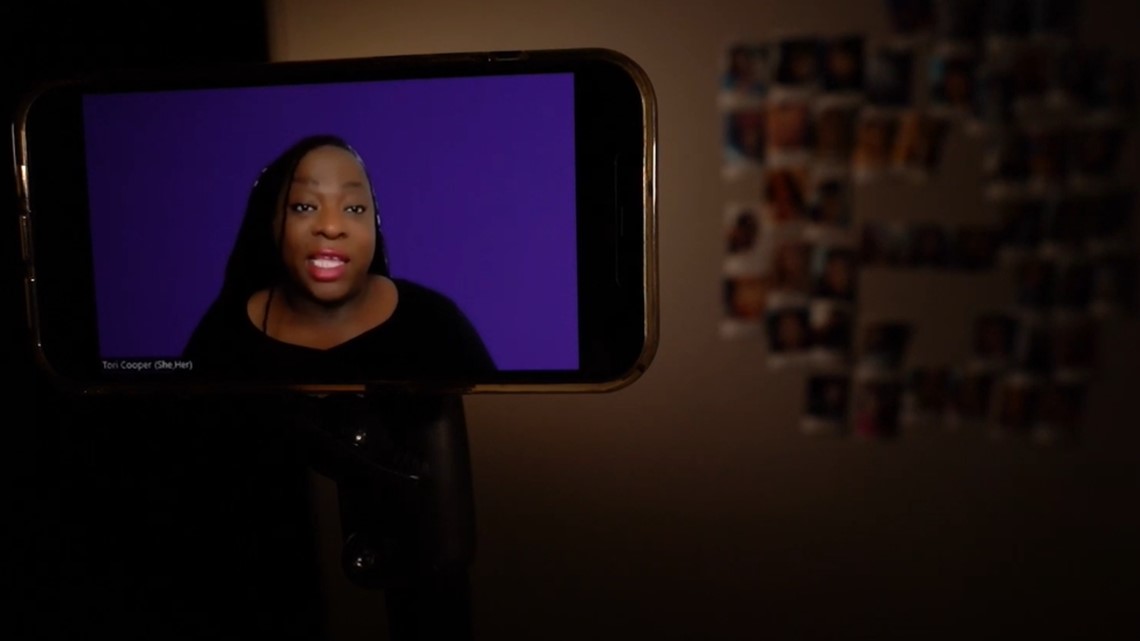
“Political rhetoric normalizes violence. We saw that on Jan. 6. We saw where words by politicians incited violence,” Cooper said. “It's the same when it comes to transgender people.”
Cooper said when politicians “demean” trans people by passing legislation like the so-called “Don’t Say Gay” bill in Florida, it can lead to attacks on the LGBTQ+ community.
Cooper said opponents are “empowered to commit crimes against us because they heard somebody else say that it was OK.”
WATCH: Arrest made in death of Taya Ashton
A Prevalence of Violence Black Transgender Women Targeted

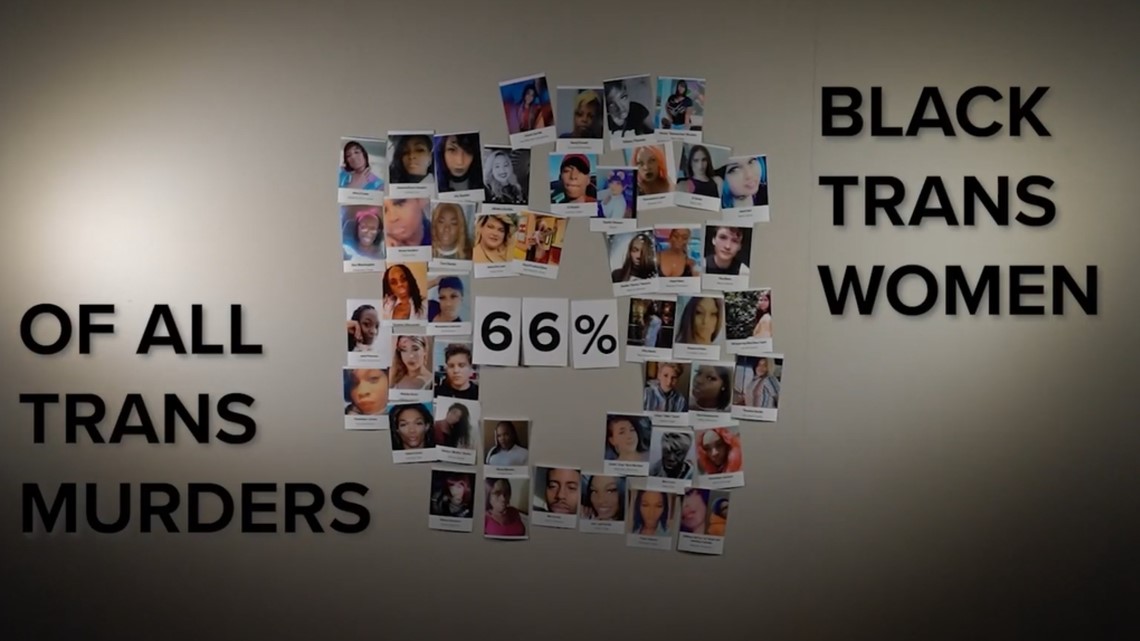
HRC also says the epidemic of transgender violence disproportionately targets Black people.
Research shows that 66% of all transgender murder victims were Black transgender women.
“You don't see stories of people that look like me being attacked,” said Chander, who is white.
“And let's be honest, if Caitlyn Jenner was assaulted or attacked, there'd be a task force. But when you have a Black trans woman that's attacked or brutally assaulted or murdered, it's a soundbite on the news. And then it goes away.”
Halting the Cycle A Request for Respect

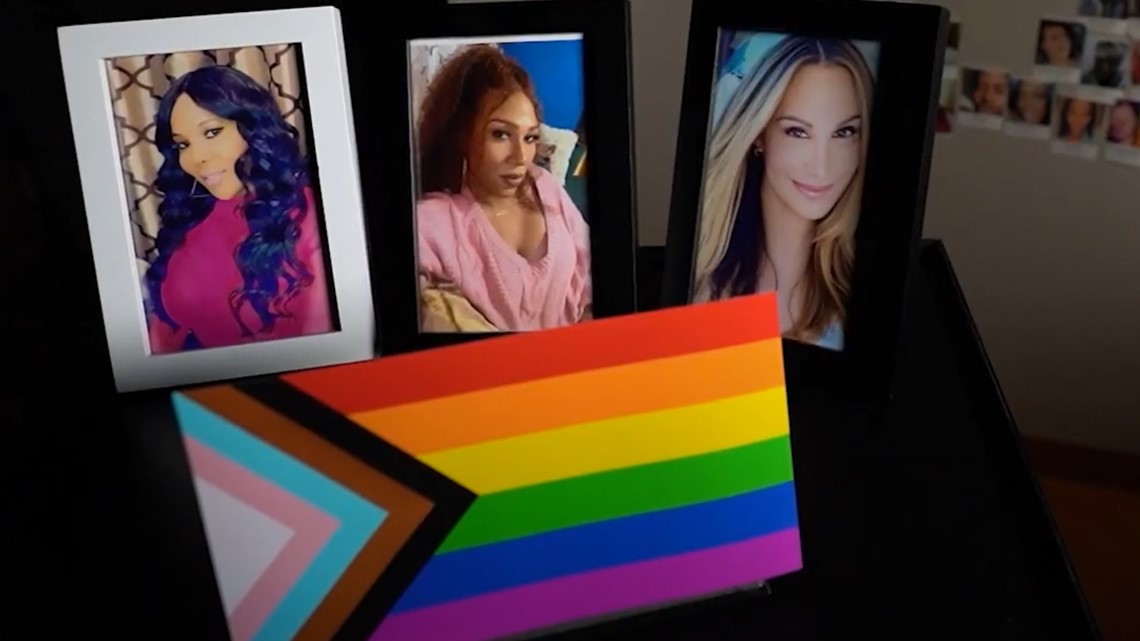
The women said it’s on everyone to end the cycle of violence by treating the transgender community with acceptance and respect, regardless of whether they understand the journey of women like Poston, an actress with an upcoming role on the successful cable TV series "P-Valley" on the STARZ network.


Or Chandler, who's about to publish her fourth book, "Beyond the Gold."

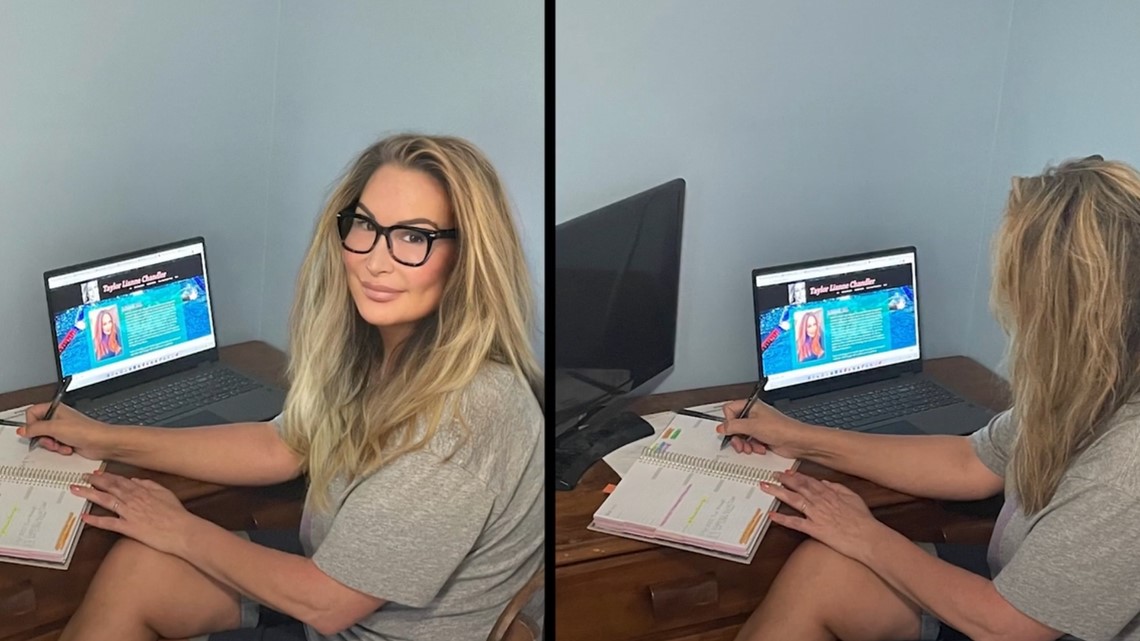
And Walker, who left behind her life of sex work and now is a counselor at Heart to Hand in Prince George’s County, providing support services to those living with HIV/AIDS and other sexually transmitted infections.
“You know just touching one person makes a difference,” Walker said.

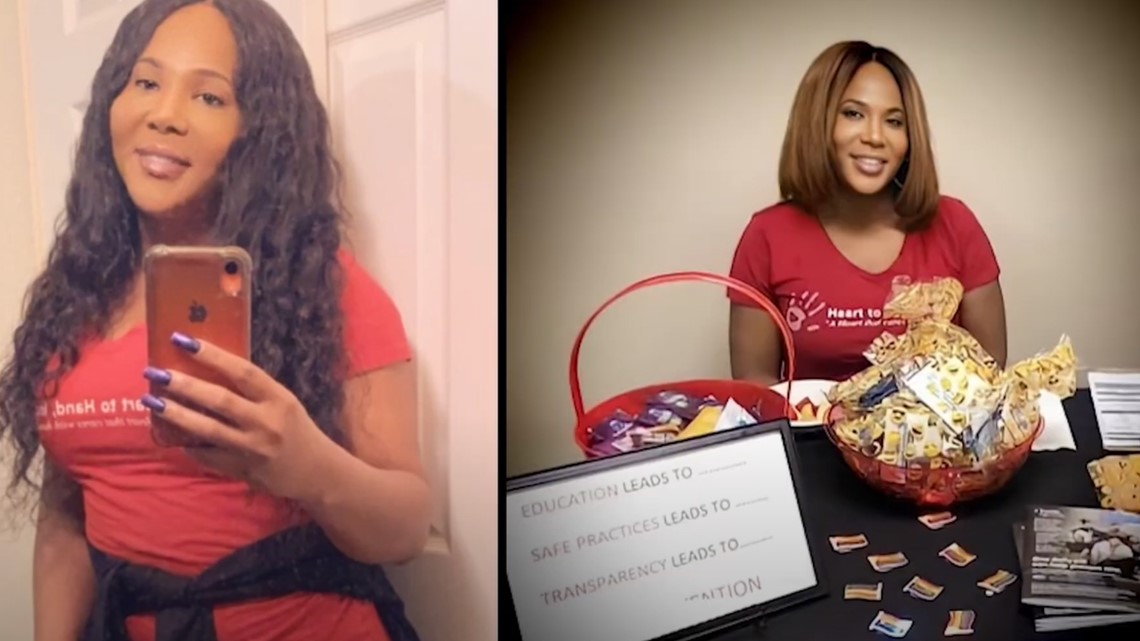
“I’m someone’s daughter, I’m someone’s niece. I’m someone’s aunt,” Poston said.
“If you have someone in your life that you love extremely dearly to your heart, (who) right now decided to be someone else because that is authentic to who they are, would the love change?”

